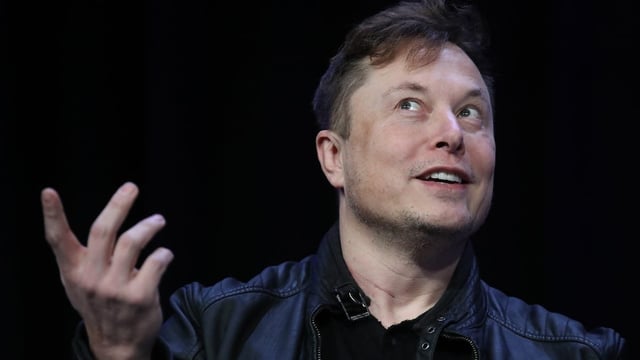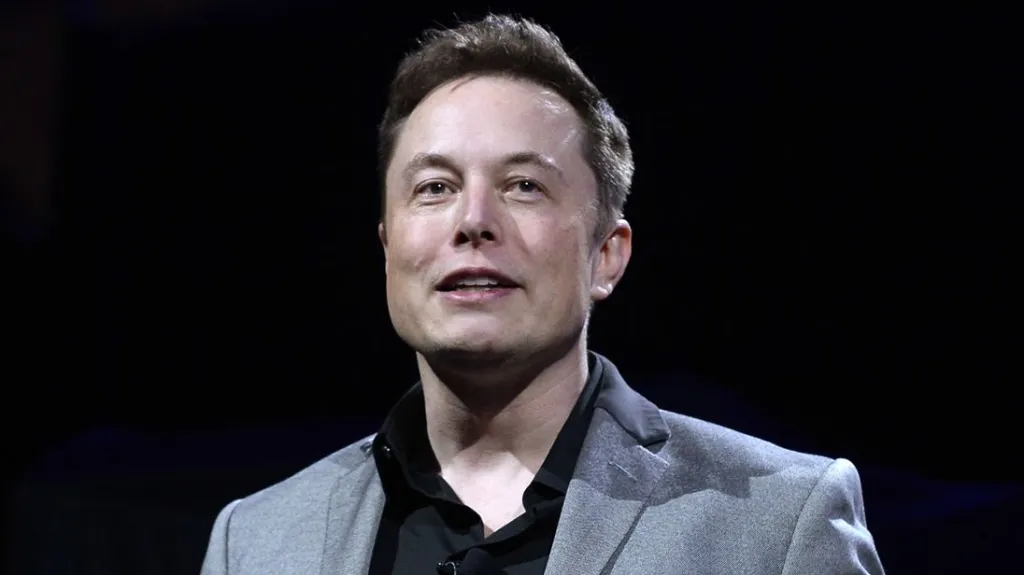Elon Musk, the outspoken CEO of Tesla and SpaceX, has recently weighed in on Canada’s new bill aimed at mitigating online hate content, describing it as “insane.” The bill, known as Bill C-36, seeks to empower the Canadian government to tackle hate speech and harmful online content more effectively. However, Musk’s reaction suggests skepticism regarding its potential impact and implications for free speech.
Musk’s comments came during a Twitter exchange with Canadian journalist Ryan Lawler, who shared news about the bill’s introduction in the Canadian Parliament. In response, Musk expressed his incredulity, stating, “Sounds insane,” without further elaboration. While Musk’s tweet was brief, it reflects broader concerns among some individuals regarding the balance between regulating online content and safeguarding free expression.

Source:- India today
Bill C-36 proposes amendments to the Canadian Human Rights Act and the Criminal Code, granting authorities enhanced powers to address online hate speech and other harmful content. Proponents argue that such measures are necessary to combat the spread of bigotry, discrimination, and incitement to violence in digital spaces. However, critics, including Musk, raise concerns about potential infringements on freedom of speech and the potential for government overreach.
Source:- news 18
Musk’s skepticism regarding government intervention in online speech aligns with his libertarian-leaning views on individual freedoms and limited government regulation. Throughout his career, Musk has advocated for innovation, entrepreneurship, and the unfettered exchange of ideas as drivers of progress. His comments on Canada’s new bill reflect a broader debate surrounding the appropriate balance between combating harmful content and preserving online liberties.
The discussion around Bill C-36 underscores the complexities of addressing hate speech and harmful content in the digital age. While there is a consensus on the need to combat online toxicity and discrimination, there is ongoing debate over the most effective and equitable means of doing so. As governments worldwide grapple with these issues, they must navigate a delicate balance between protecting fundamental rights and safeguarding against online harms.
In conclusion, Elon Musk’s reaction to Canada’s new bill to mitigate online hate content reflects broader concerns regarding the potential implications for free speech and government intervention in digital spaces. As debates over online regulation continue, it remains essential to strike a balance between combating harmful content and upholding the principles of open discourse and individual liberties.
Share your views in the comments

